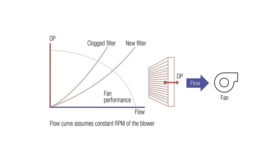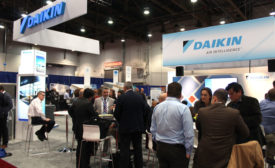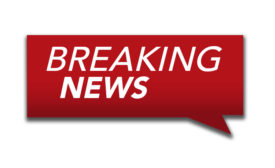Home » efficiency standards
Articles Tagged with ''efficiency standards''
Communicating products save contractors time and money
Read More
Proper Filter Monitoring
More often than not, filters are being changed too late
May 22, 2017
Geothermal Interest Spans All Ages on Earth Day 2017
Consumers old and young are willing to invest in renewable energies
Read More
2017 AHR Expo — Education Classes
Size it Right the First Time: Sizing the System for the Application
January 2, 2017
AHRI Asks Congress for Energy Policy and Conservation Act Reforms
The current law ‘has not been updated to reflect new technologies and economic realities’
June 10, 2016
Enforcement of Energy Efficiency Policies Necessary for Successful Reform, Says Report
The European Union’s stringent energy efficiency regulations are influencing policies in other regions, report finds
June 8, 2016
Copyright ©2024. All Rights Reserved BNP Media.
Design, CMS, Hosting & Web Development :: ePublishing







